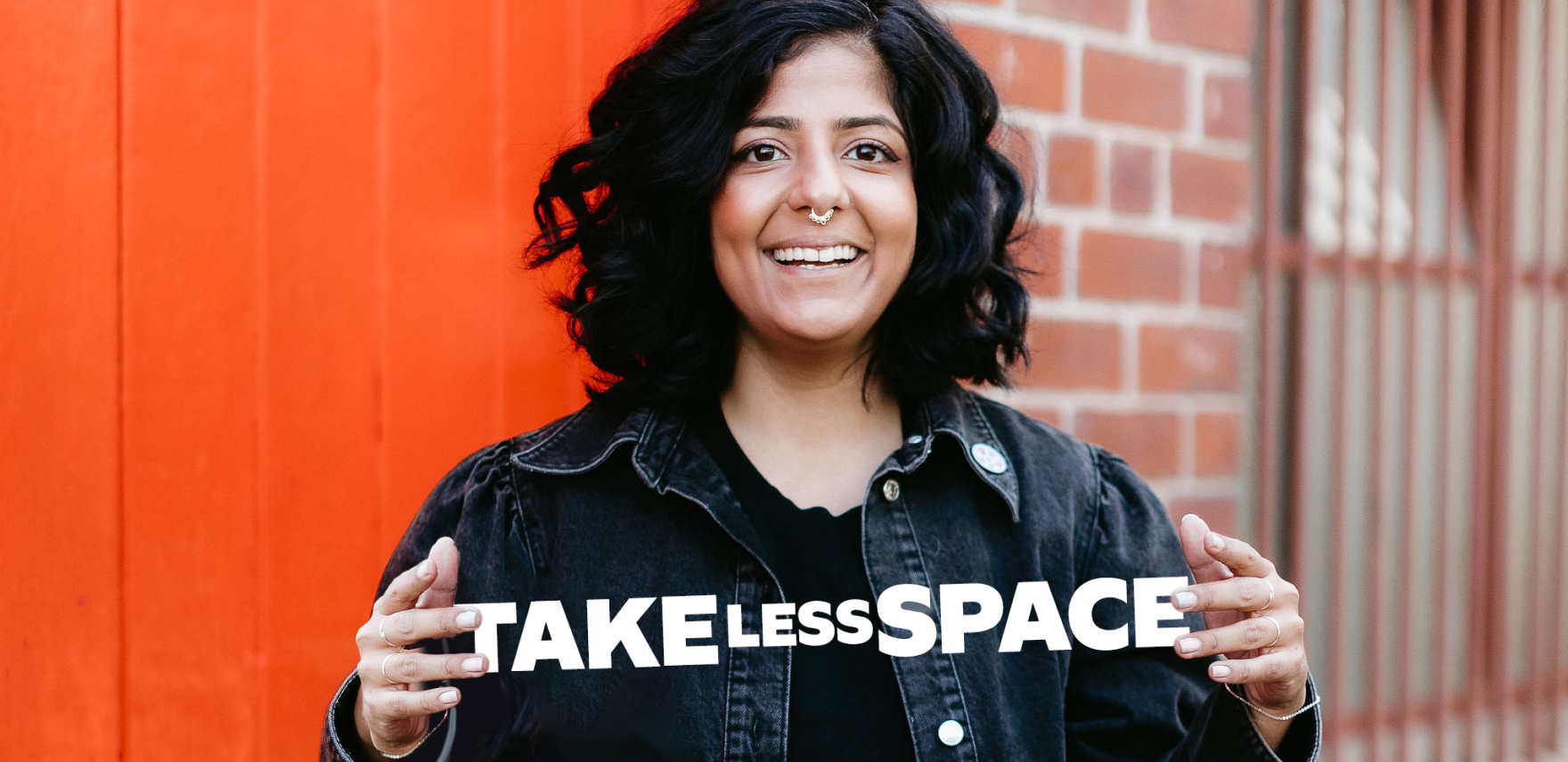How much space are you taking? When you’re in a conversation, in a meeting, or even at knockoff drinks?
‘Taking up space’ might be a novel concept or if you have been tuned into conversations about different behaviours in gender or racial constructs, you’ve probably heard of it.
Perhaps, it’s easiest to think of it in a literal sense so we can visualise it better. According to studies by the Washington Post and Researchgate, amongst others, men are more comfortable taking space on the sidewalk which means they rarely change their path and women often move out of their way. Now let’s apply this to conversations, meeting rooms, or even zoom calls.
There is simply a limited amount of space in each conversation, whether it’s a time boundary or the fact that almost nobody can listen to two people talking at once. So when you walk into a room or a chat, consciously assess the other people there. Are there some people who might feel less comfortable taking space than you? Maybe those people are of a different gender, race or ability. Maybe they’re much younger than you and they’re inexperienced. The point is if you don’t leave room for them to talk, the likelihood is they probably won’t.


